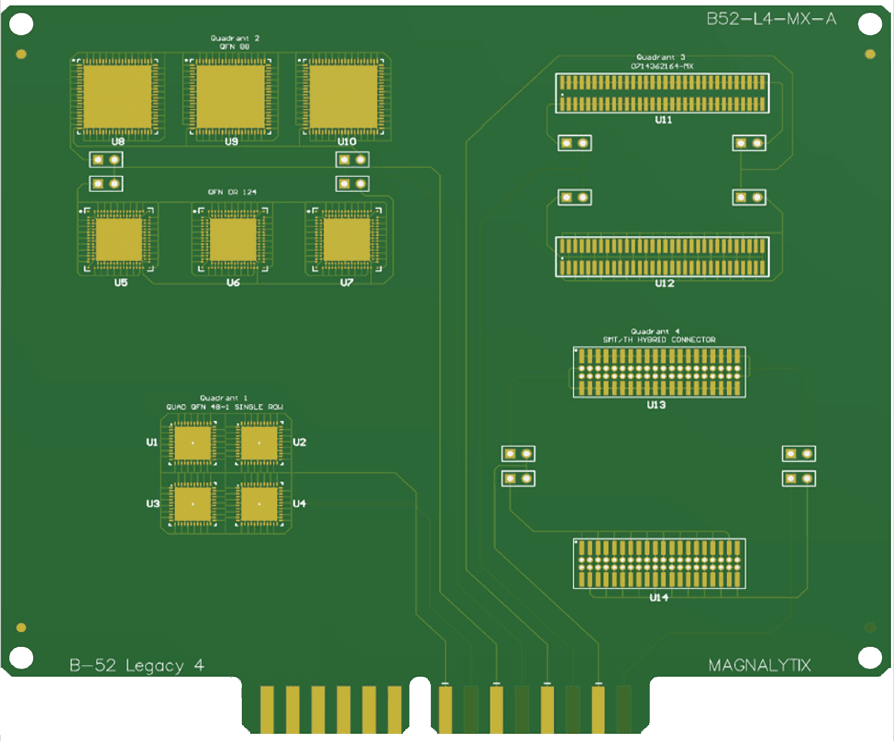Uses
Solder Paste Characterization
Activity of Flux Residue
No-Clean Soldering
Cleaning under Bottom Terminated Components
Cleaning under QFNs
Mixed Technology
Selective Soldering
Components
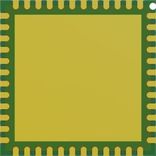
MGX QFN 48-1 Chip
MGX QFN 48-1 Chip is one of the more challenging components to clean with a standoff gap lower than 50µms, flux residues bridge the lands and thermal lug. The residues tend to be active due to poor outgassing channels.
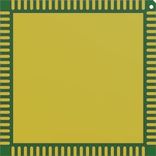
MGX QFN 88-1 Chip
MGX QFN 88-1 Chip is a larger QFN with 88 signal pins and 10.5 mm squared thermal lug designed to define cleanliness levels under similar package styles.
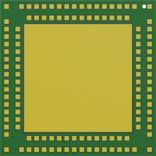
MGX QFN DR 124-1 Chip
MGX QFN DR 124-1 Chip is a dual row QFN with 124 signal pins and large 7 mm squared ground lug designed to define cleanliness levels under similar package styles.

MGX Custom 64 SMT Connector
MGX Custom 64 SMT is representative of surface mount connectors. The large pad dimensions of 0.36 mm by 2.2 mm can trap process residues pin to pin. This component is designed to define cleanliness levels on similar connector designs.

MGX SMT TH-40 Pin Custom Connector
MGX SMT TH-40 Pin is representative of a surface mount and thru-hole connector. This is a challenging component due to the large SMT pad size 0.5 mm by 2 mm. In addition, the wave or selective flux can wet through the barrel and intermix with the SMT flux.
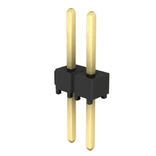
MGX 2 Pin Header Shunt (Jumper)
The pin header shunt allows the user to turn on or off one or more components across the net of components in a specific quadrant. Should you have a failure, the shunt will allow you to determine the component from which that failure occurred. The header shunt is not designed across every board. It is commonly used on custom-designed highly dense test boards.
